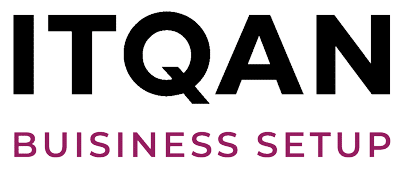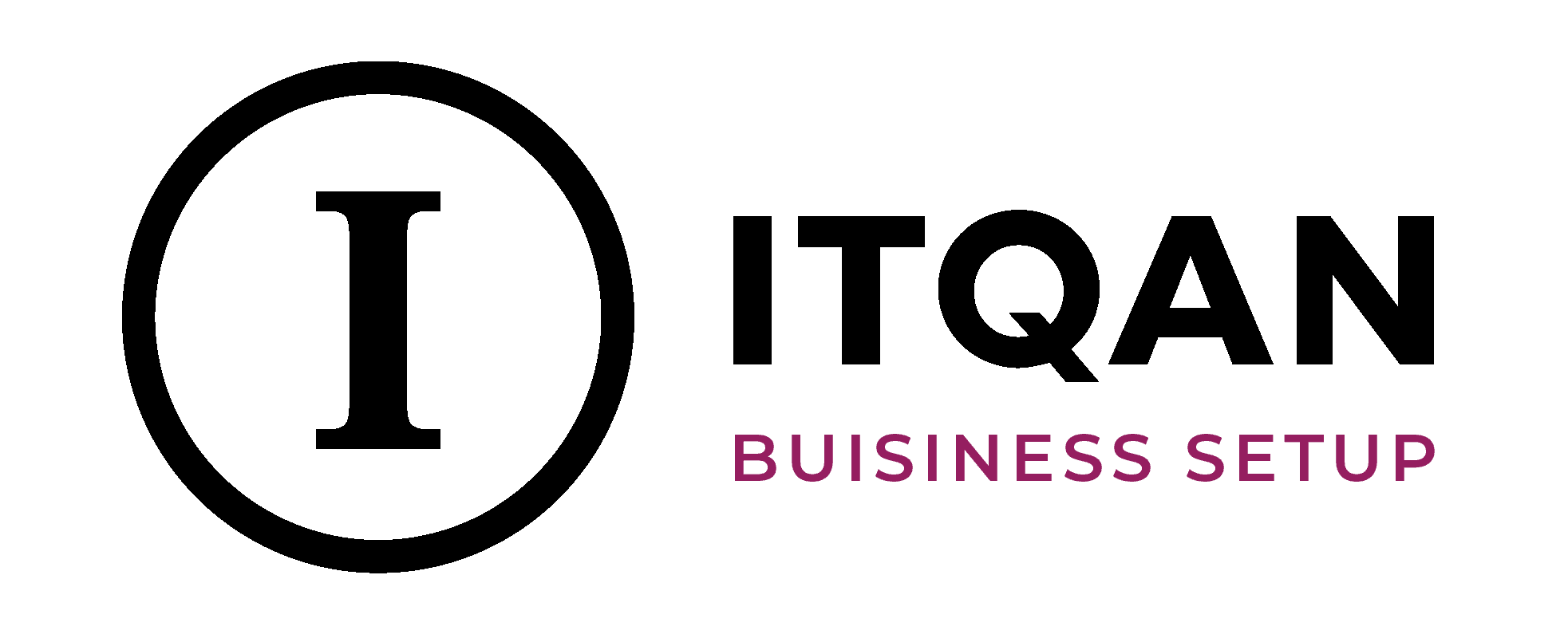Dubai’s dynamic business ecosystem, strategic location, tax benefits, and world-class infrastructure make it an ideal destination for aspiring entrepreneurs. With careful planning and a solid strategy, even individuals with limited capital can tap into the city’s potential for business growth. In this article, we will delve into the step-by-step process of starting a business in Dubai, focusing on the minimum investment required, legal procedures, and insider tips for success.
Minimum Investment to Start Business in Dubai: A Primer
Starting a business in Dubai doesn’t necessarily require a hefty investment. Many factors contribute to the varying minimum investment thresholds, such as the business type, industry, and location.
Generally, businesses in free zones have lower investment requirements compared to those in mainland areas. The minimum investment can range from AED 50,000 to AED 1 million, depending on these factors.
Exploring Business Options: From Low-Cost Ventures to Strategic Ventures
Dubai offers a plethora of business opportunities across diverse sectors. Aspiring entrepreneurs can consider ventures such as e-commerce, consultancy services, freelancing, food trucks, and more.
These options allow for flexibility in investment and cater to a wide range of interests and skills. Whether you’re a tech-savvy individual looking to launch an online platform or a culinary enthusiast eager to introduce a unique food concept, Dubai’s business landscape has a niche for everyone.
Understanding Dubai’s Business Licenses: Navigating Legal Requirements
Obtaining the right business license is a critical step in starting a business in Dubai. The type of license required depends on the nature of the business activity. Main categories include commercial, professional, and industrial licenses. Each license has specific requirements and permits, and entrepreneurs must adhere to these regulations to operate legally.
Free Zones vs. Mainland: Decoding Investment Options
Dubai’s distinction between free zones and mainland areas offers entrepreneurs flexibility in choosing the most suitable location for their business. Free zones provide benefits such as 100% ownership, tax exemptions, and simplified import-export procedures.
Mainland businesses, on the other hand, allow for a broader market reach within the UAE. Analyzing the pros and cons of each option can guide entrepreneurs toward the best investment choice.
The Power of Networking: Building Connections for Success
In Dubai’s competitive business landscape, networking is a cornerstone of success. Engaging with industry peers, mentors, and potential clients can open doors to collaboration and growth.
Attend workshops, seminars, and business events to expand your professional circle and gain insights from seasoned entrepreneurs. Networking not only fosters learning but also establishes your presence in the market.
Crucial Steps to Setup: From Idea to Business Operation
Turning a business idea into a reality involves several pivotal steps. Begin by conducting thorough market research to identify your target audience, competition, and unique selling points.
Next, formulate a comprehensive business plan outlining your goals, strategies, and financial projections. Register your business, acquire necessary permits, and secure funding through various channels, including banks, investors, and government initiatives.
Navigating Financial Considerations: Budgeting and Funding
Careful financial planning is essential for a successful business launch in Dubai. Calculate your startup costs, which may include licensing fees, office space, equipment, marketing, and operational expenses.
Explore funding options, such as personal savings, bank loans, venture capital, angel investors, and crowdfunding. A well-structured financial plan demonstrates your commitment to potential investors and ensures smooth business operations.
Legalities and Documentation: Ensuring Compliance
Starting a business in Dubai requires adherence to legal formalities and documentation. This includes obtaining the necessary permits, approvals, and licenses from relevant authorities.
Depending on the business type, entrepreneurs may need to register with the Department of Economic Development, Ministry of Economy, or specific free zone authorities. Hiring a legal consultant or PRO (Public Relations Officer) can streamline the process and prevent potential pitfalls.
Location Matters: Choosing the Right Business Address
Selecting a strategic business location can significantly impact your venture’s success. Free zones offer dedicated business environments tailored to specific industries, fostering collaboration and growth.
Mainland areas provide proximity to a broader consumer base and potential partners. Consider factors such as accessibility, target audience, and competition when deciding on your business address.
Tapping into Tax Benefits: Understanding the Financial Advantage
Dubai’s favorable tax regime is a major draw for entrepreneurs. While the UAE does not impose income tax on individuals and corporations, understanding the nuances of taxation is crucial.
Consult with financial experts to optimize your business structure and capitalize on tax benefits. By strategically managing your finances, you can maximize profits and reinvest in business expansion.
Embracing Digital Marketing: Online Strategies for Visibility
In today’s digital age, a strong online presence is paramount for business success. Leverage digital marketing strategies to enhance brand visibility, engage with customers, and drive sales.
Utilize social media platforms, search engine optimization (SEO), content marketing, and email campaigns to connect with your target audience. A well-executed digital marketing plan can propel your business to new heights.
FAQs
What is the minimum investment required to start a business in Dubai?
The minimum investment varies based on factors such as business type, industry, and location. It can range from AED 50,000 to AED 1 million.
Can I start a business in Dubai with limited capital?
Yes, Dubai offers various business options with low investment requirements, such as e-commerce, consultancy, and freelancing.
What are the advantages of setting up a business in a Dubai free zone?
Free zones offer benefits like 100% ownership, tax exemptions, and simplified import-export procedures, making them an attractive choice for entrepreneurs.
How can I secure funding for my business in Dubai?
Funding sources include personal savings, bank loans, investors, venture capital, and crowdfunding. Prepare a solid business plan to attract potential investors.
What legal documentation is required to start a business in Dubai?
Entrepreneurs need to obtain the relevant permits, licenses, and approvals from authorities such as the Department of Economic Development or free zone authorities.
Is networking important for business success in Dubai?
Yes, networking helps build valuable connections, gain insights, and explore collaboration opportunities within Dubai’s competitive business landscape.
Conclusion
Embarking on a business venture in Dubai with minimum investment is an exciting endeavor that requires meticulous planning, determination, and adaptability. As you navigate the intricacies of setting up your enterprise, remember to leverage the city’s strategic advantages, connect with fellow entrepreneurs, and stay attuned to market trends. By embracing innovation, staying informed, and nurturing your entrepreneurial spirit, you can transform your vision into a thriving reality amidst the bustling landscape of Dubai’s business world.







